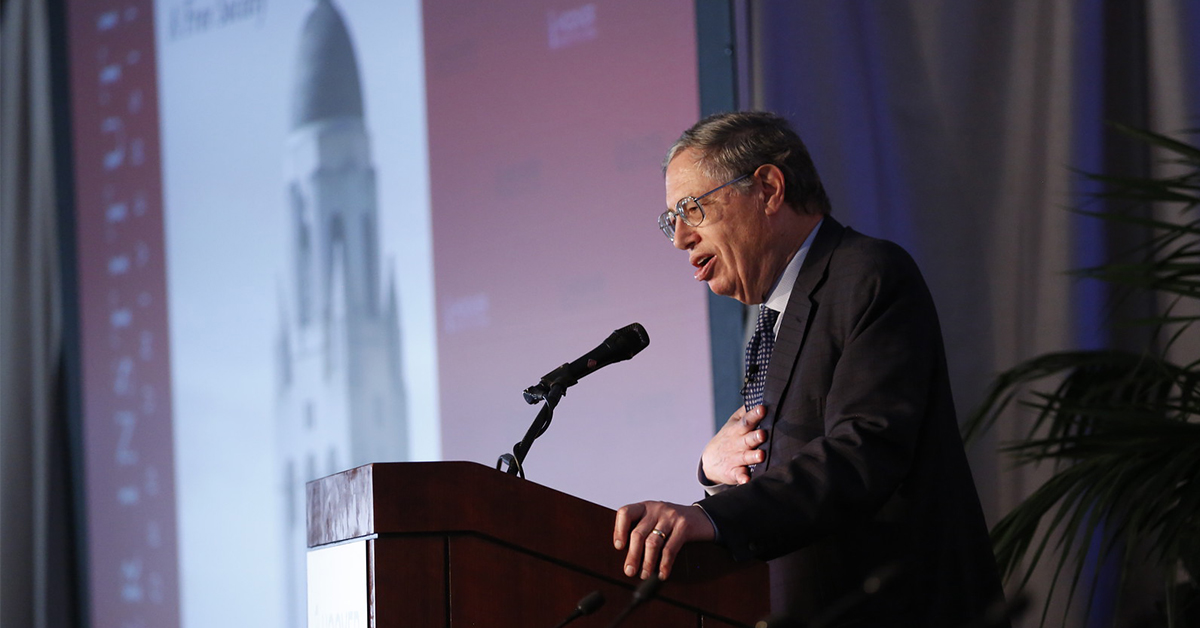Senator Elizabeth Warren’s Medicare-for-All (MfA) proposal, which calls for $20.5 trillion in new taxes on everyone but the middle class (ahem), has generated fierce political controversy that threatens to upend the Democratic presidential primary. Economic critiques of her MfA program on the left and the right are a dime a dozen. Yet surprisingly, there has been a stunning silence on the possible constitutional challenges that could be raised against the program. But because other variations of the MfA program may yet be introduced, including one by Senator Bernie Sanders, it is better to think through these issues in advance.
In general, there are two kinds of constitutional objections that that can be raised against any federal program—those based on claims that the program violates federalism, and those concerned with the protection of religious and economic liberties. Dealing with these various issues depends critically on one’s basic approach to constitutional interpretation—whether one adopts a New Deal jurisprudence or a classical liberal one. Under the earlier classical liberal view, all government action was viewed with suspicion. The dominant attitude sought to slow down adventurous legislation. Speaking generally, statutes that strengthened common law interest in property and contract were favored.















